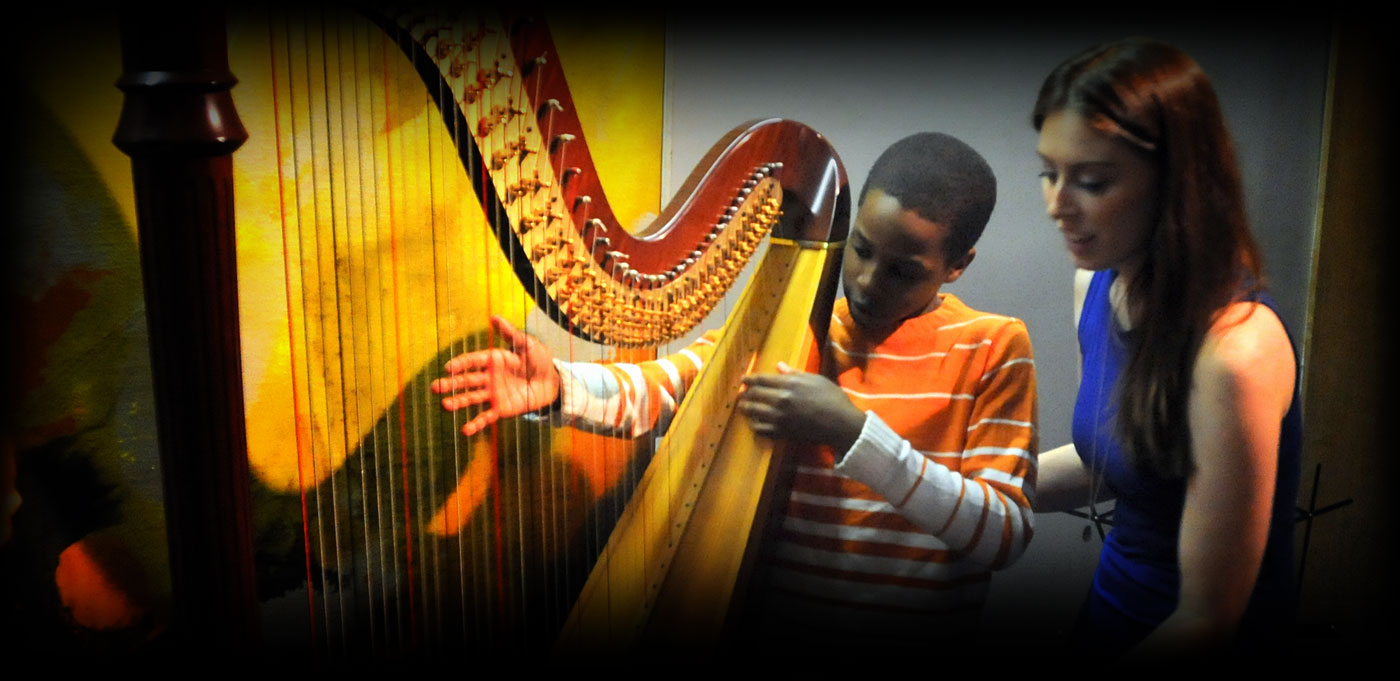
Autism is a complex developmental condition that affects socialization and communication and causes repetitive and stereotyped behavior. These impairments are also often associated with narrow interests that may lead to special abilities. Autism is a spectrum disorder that affects individuals to a varying degree. Experts estimate that autism occurs in 1.1 percent of the population and affects four times as many males as females.
Autism was first reported in 1943 by Leo Kanner. In his classic paper, Kanner presented eleven case studies of children with autism and repeatedly mentioned musical abilities and musical interest in six of the children. Since then, researchers have systematically studied the musical processing abilities of individuals with autism, and have shown that while their language may be deficient, these individuals may process music in similar ways to typically developing individuals.
The existence of a small number of musical savants with autism is yet another fascinating connection between autism and music.
The goal of Music for Autism is to expose those with autism and their families to high quality, professionally performed music in an environment where individual differences are celebrated and where no one will be embarrassed. Families are greatly challenged to find programming that is appropriate for their family members with autism who may exhibit behaviors that are unpredictable. Families say that Music for Autism’s unique and interactive “autism specific” musical programming greatly enhances their quality of life. In addition, since all U.S. concerts are free for those with autism and their families, anyone affected by autism, irrespective of socioeconomic status, is able to experience Music for Autism’s unique, interactive programming.